TEHRAN(Bazaar) – Marc Finaud, the former French Foreign Ministry spokesman, says while Washington is bilaterally committed to protecting Israel's security in the face of any major threat, it gives priority to JCPOA.
Following is the text of the interview with Marc Finaud.
Bazaar: The Vienna talks will resume on Friday with signs of a possible agreement by the end of May. However, some obstacles to removing the names of Iranian individuals and entities from the sanctions list may delay it until mid-June. Do you think the talks will be completed by the end of May?
Marc Finaud: It is difficult to predict exactly. The issue of US sanctions removal is a complex one (with over 1,500 measures to consider), but it is encouraging that the talks are being held and a specific working group has been established to deal with this issue.
Bazaar: Biden's national security adviser, Jake Sullivan, has said that talks on reviving the JCPOA in Vienna are in a “vague situation”. Meanwhile, other negotiating teams are optimistic about these negotiations. What is the reason for this contradiction?
Marc Finaud: Sullivan said that the talks are in an “unclear place”. He probably meant that, at this stage, it is difficult to make any predictions about their outcome. The fact that all other parties expressed some cautious optimism is positive. However, the Biden administration is aware of the resistance to a restored JCPOA within the US Congress and among some of the US allies; therefore it does not want to appear as making concessions.
Bazaar: It can be inferred from the positions of US officials that they pretend to be in no hurry to reach a speedy agreement. Meanwhile, Iran insists on speeding up to reach an agreement. If you agree with the argument made about the US position, what is the reason for this?
Marc Finaud: It is true that it took a few months, mostly for domestic reasons, for the Biden administration to agree to the new talks and commit to lifting sanctions. Since it has engaged with the JCPOA parties, it understood that it was in its interest to speed up the negotiations for several reasons, including the upcoming Iranian presidential election and the mounting pressure from the Iranian measures suspending JCPOA implementation. However, like in most negotiations, the US does not wish to appear in a demandeur or weak position.
Bazaar: The United States Department of State announced in a statement that a delegation of negotiators, including US political and security officials and experts, will begin its visit to four Arab countries from May 1, 2021. According to the statement, the trip to the four Arab countries of the United Arab Emirates, Egypt, Jordan and Saudi Arabia, with the aim of discussing some regional issues, will last until May 7 (one week). It seems that the Biden government is trying to reassure the countries in the region about the JCPOA. What is your assessment?
Marc Finaud: Indeed, the US is keen to explain to its allies that restoring the JCPOA will not only be in the US national security interest but that it is important to stabilize the region and pave the way for further talks or measures to strengthen regional security.
Bazaar: Israel has stated that, regardless of the JCPOA agreement, Israel recognizes the right to defend itself against Iran. This is an issue that was also emphasized by the United States during the recent visit of the US Secretary of Defense to Israel. Doesn't this mean that the United States will leave Israel open to possible action against Iran? Will this not harm the possible agreement between Iran and the United States on nuclear issues?
Marc Finaud: The current situation is indeed a test of the security relationship between the US and Israel. While Washington remains committed, in a bipartisan way, to supporting Israel’s security against any major threat, the Biden administration has made it clear that it wants a more balanced approach to the Middle East and considers the restoration of the JCPOA as crucial to the US national security interests. As was the case in 2015, the US will probably grant Israel some compensation for the deal, in military assistance, but it will give priority to the JCPOA.

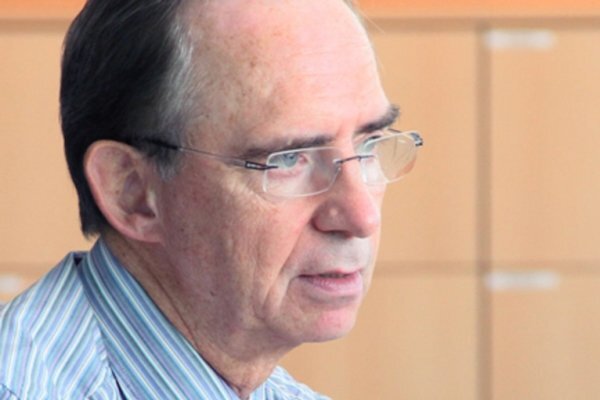



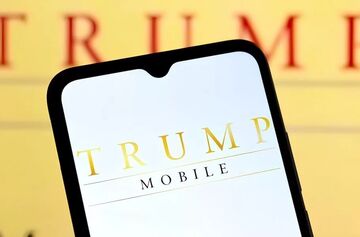
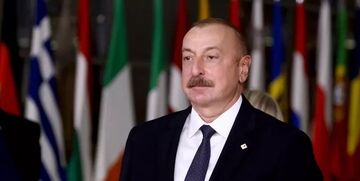
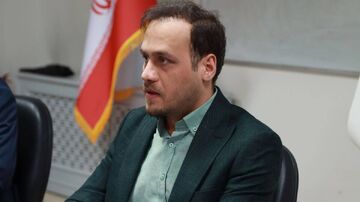

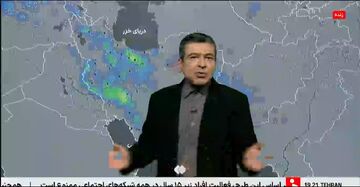
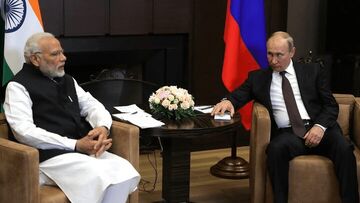
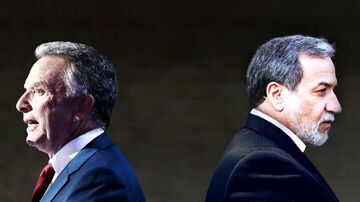
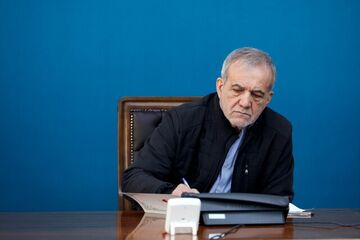


نظر شما